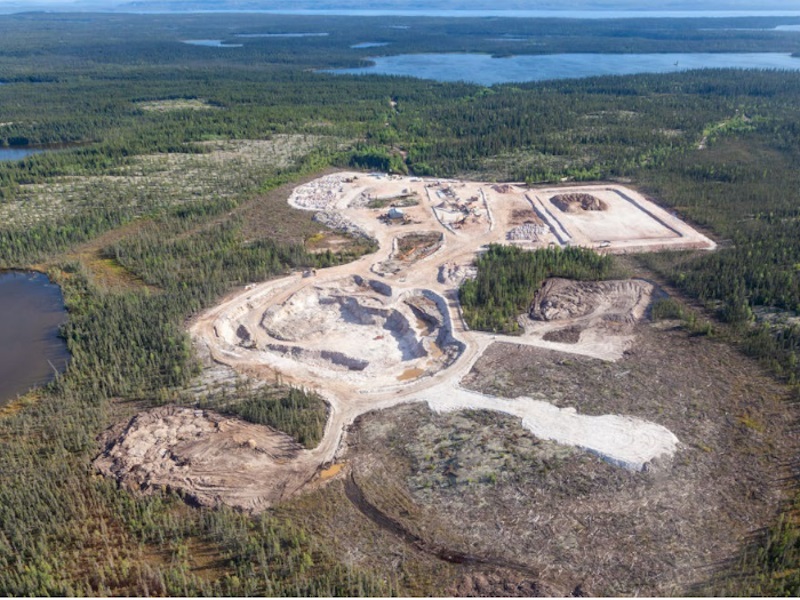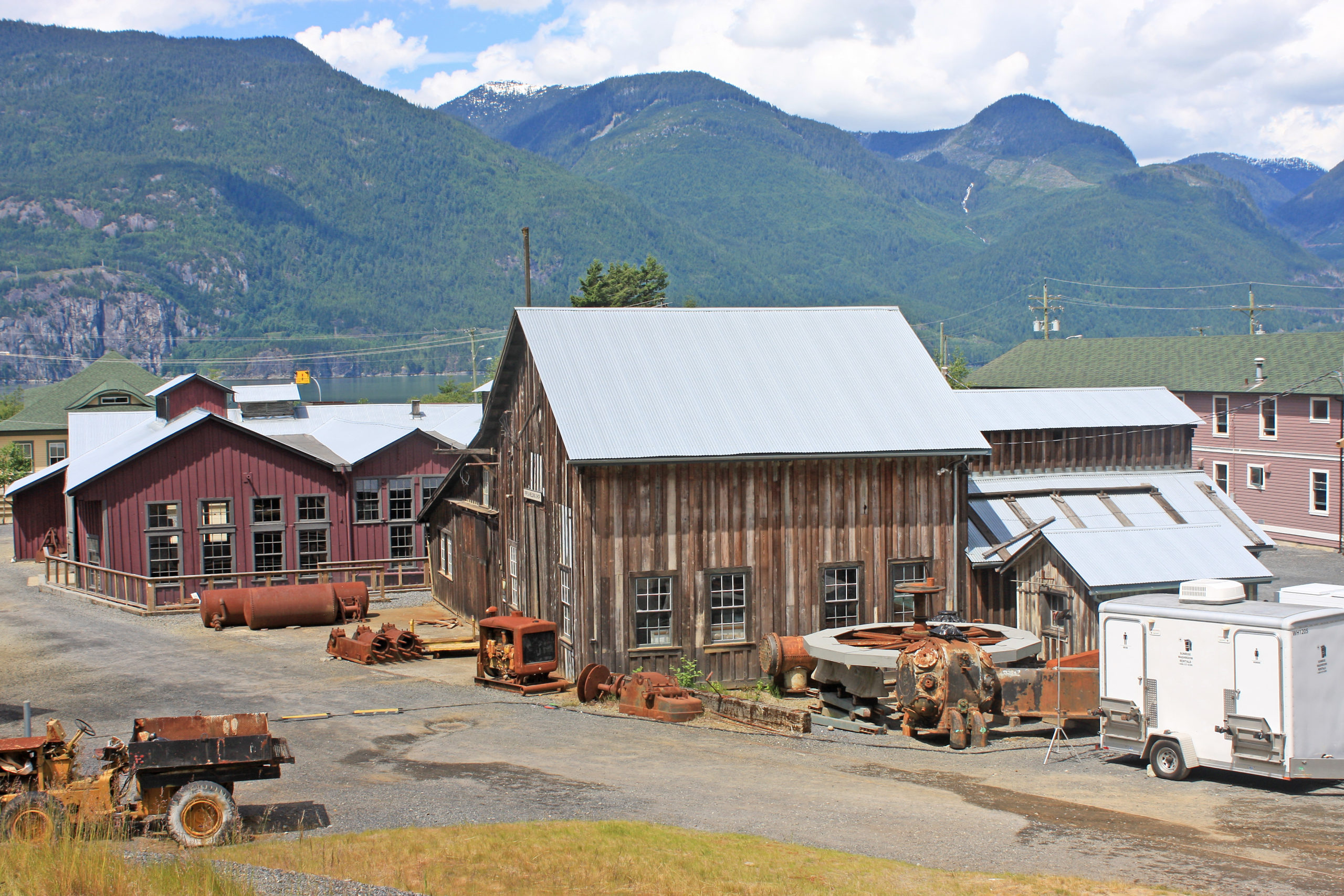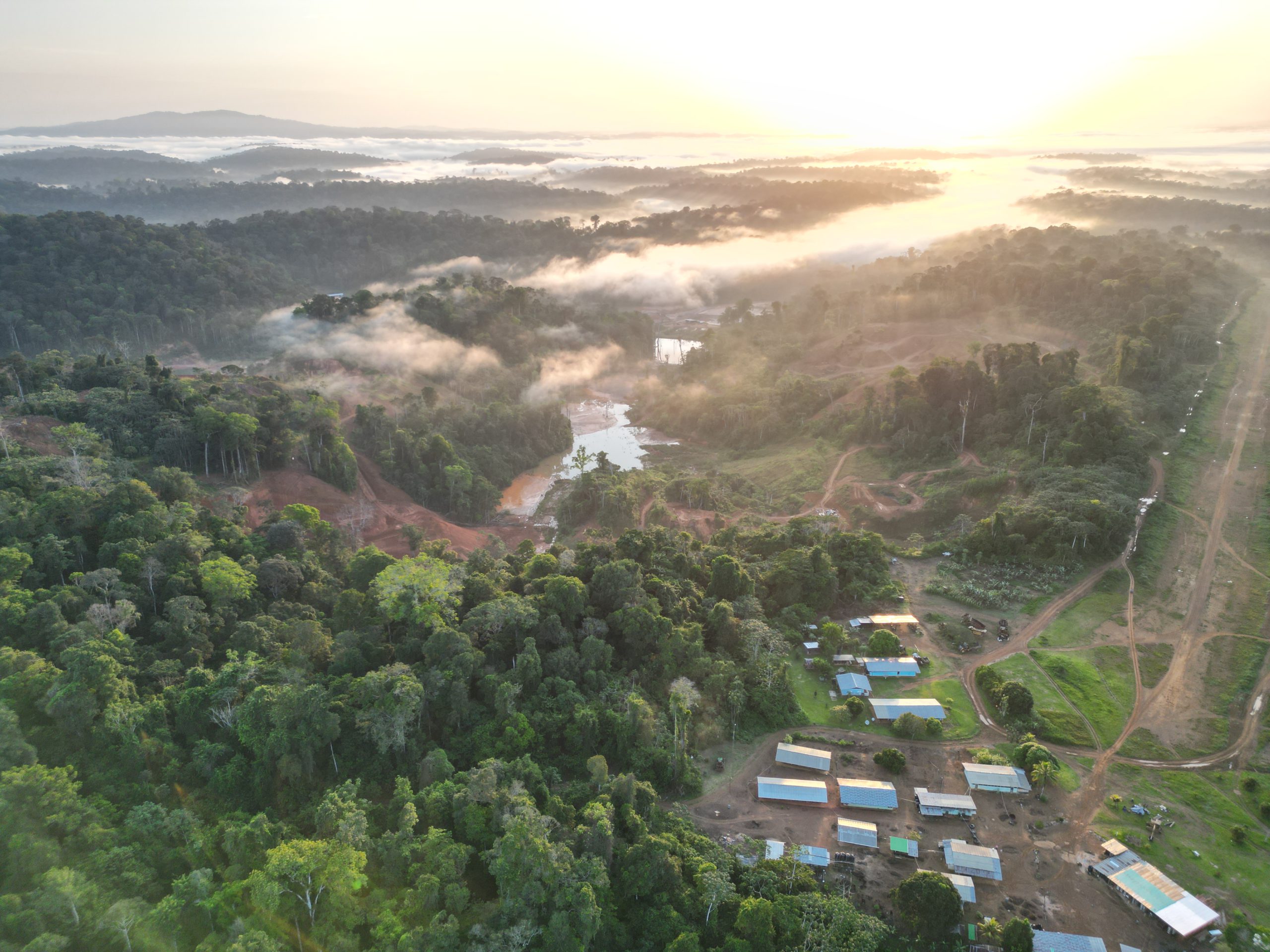Manitou Gold drills awaruite at Goudreau project in Ontario

Manitou Gold (TSXV: MTU) identified awaruite, a naturally occurring nickel alloy mineral, in discovery hole MTU-22-14. The hole returned 0.25% nickel and 100 ppm cobalt over 48 metres. Geophysical interpretation has outlined 60 km of structures hosting large tonnage nickel potential within the orogenic gold target area on Manitou’s 100%-owned Goudreau project near the near the town of Missanabie in northeast Ontario.
The discovery hole was collared in nickel mineralization near the southern margin of the ultramafic intrusion and is not thought to have intersected the full width of the nickel zone. Geophysical interpretation suggests that, although well mineralized, the hole did not test the strongest portion of the nickel anomaly, which as such remains untested at this time.



